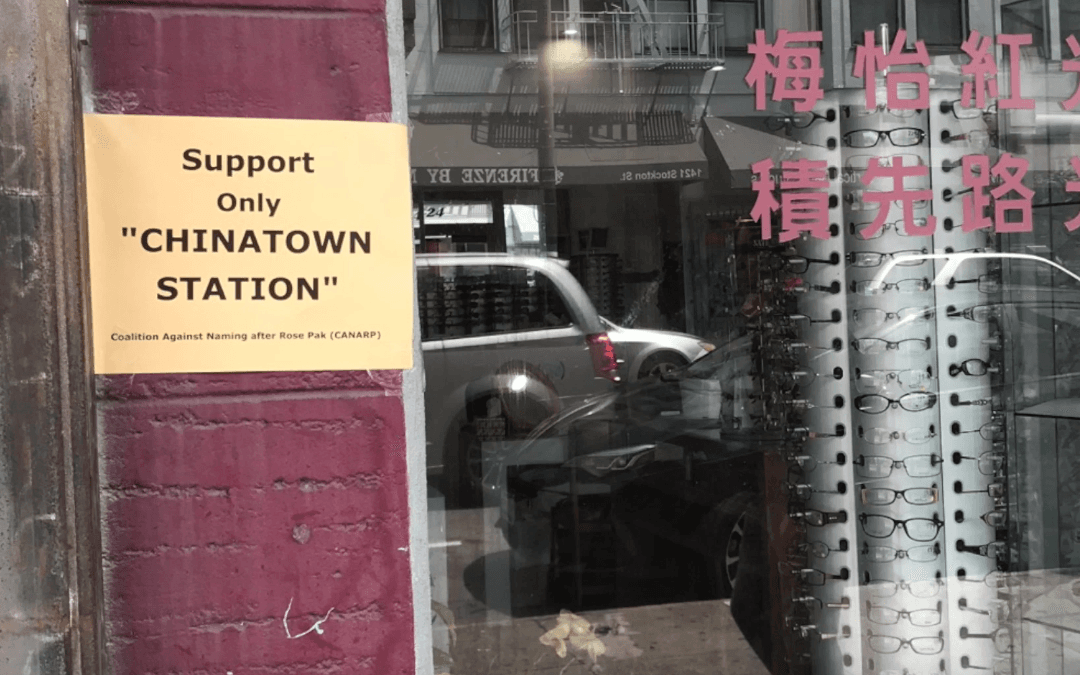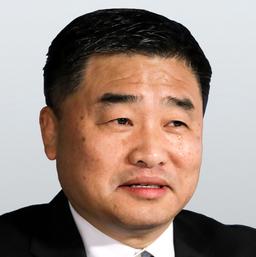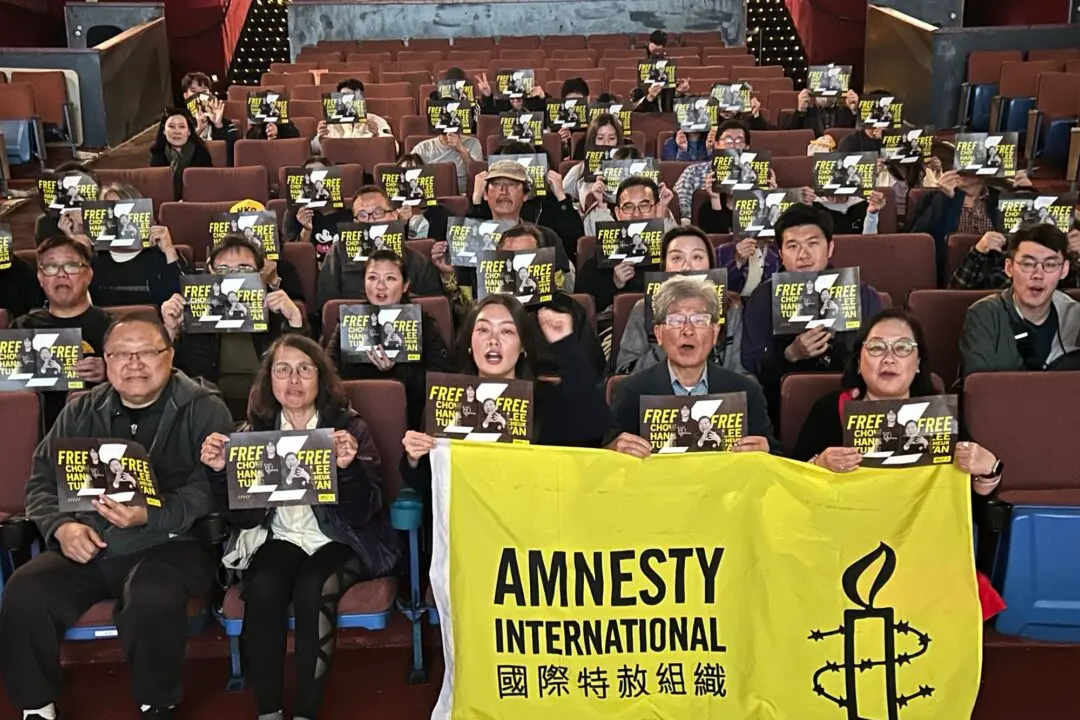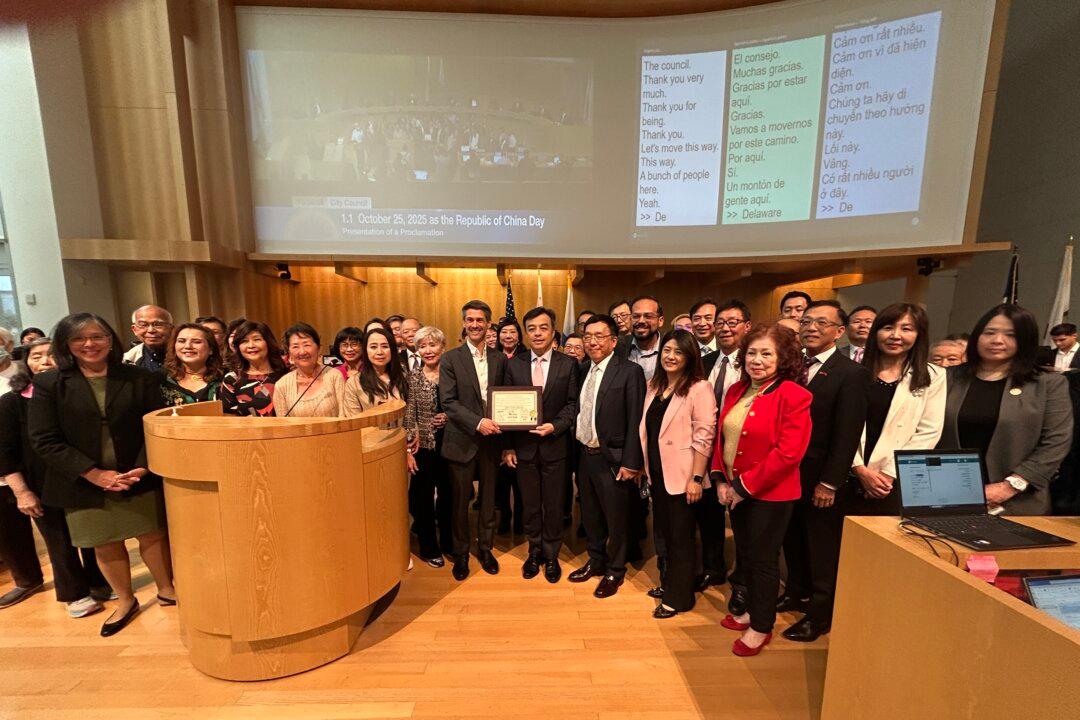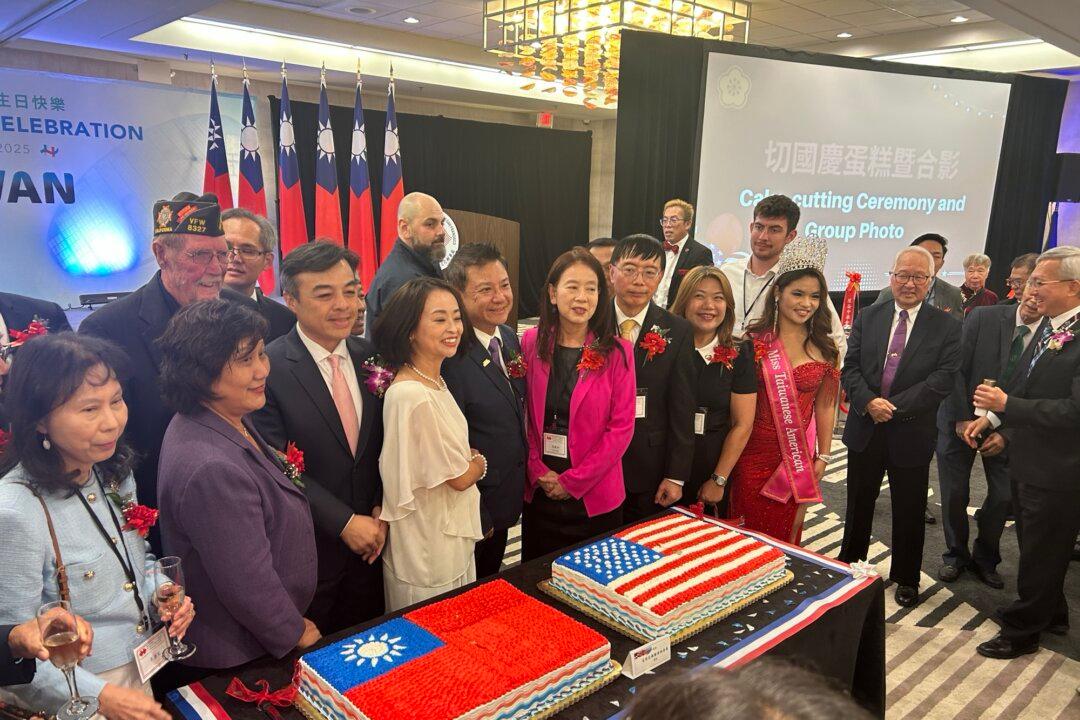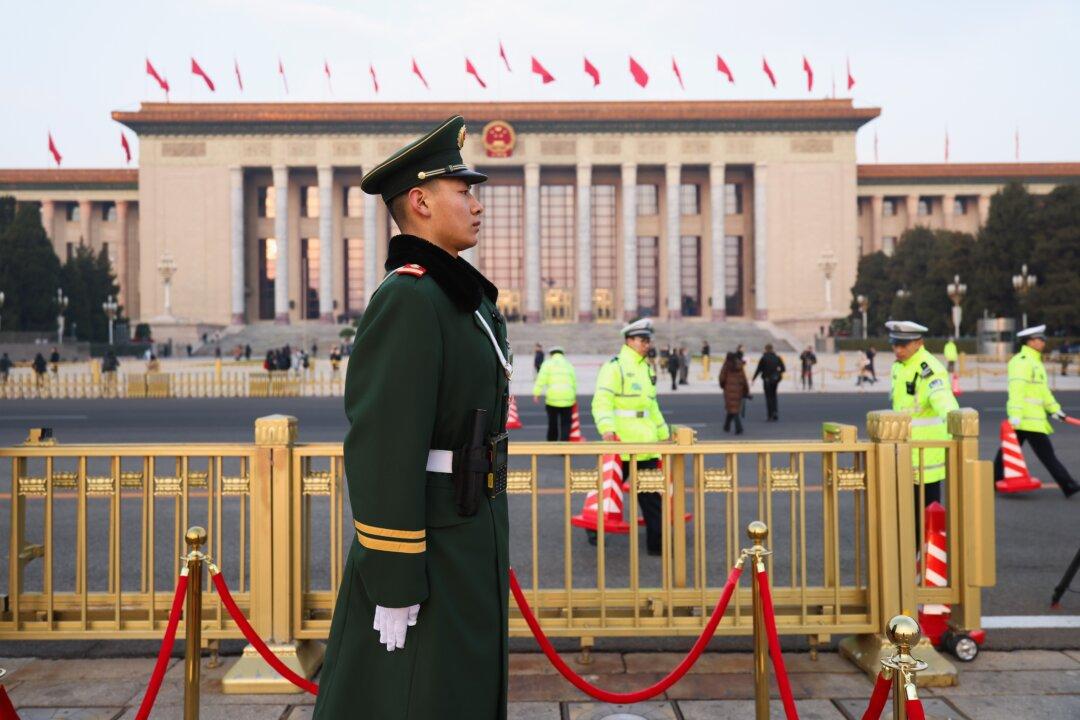SAN FRANCISCO—Controversy is escalating over a proposal to name the new San Francisco Chinatown subway station after the late Rose Pak, a political power broker.
Aaron Peskin, the San Francisco Board of Supervisors member who proposed the name, has previously criticized Pak, identifying her as an agent of China.
